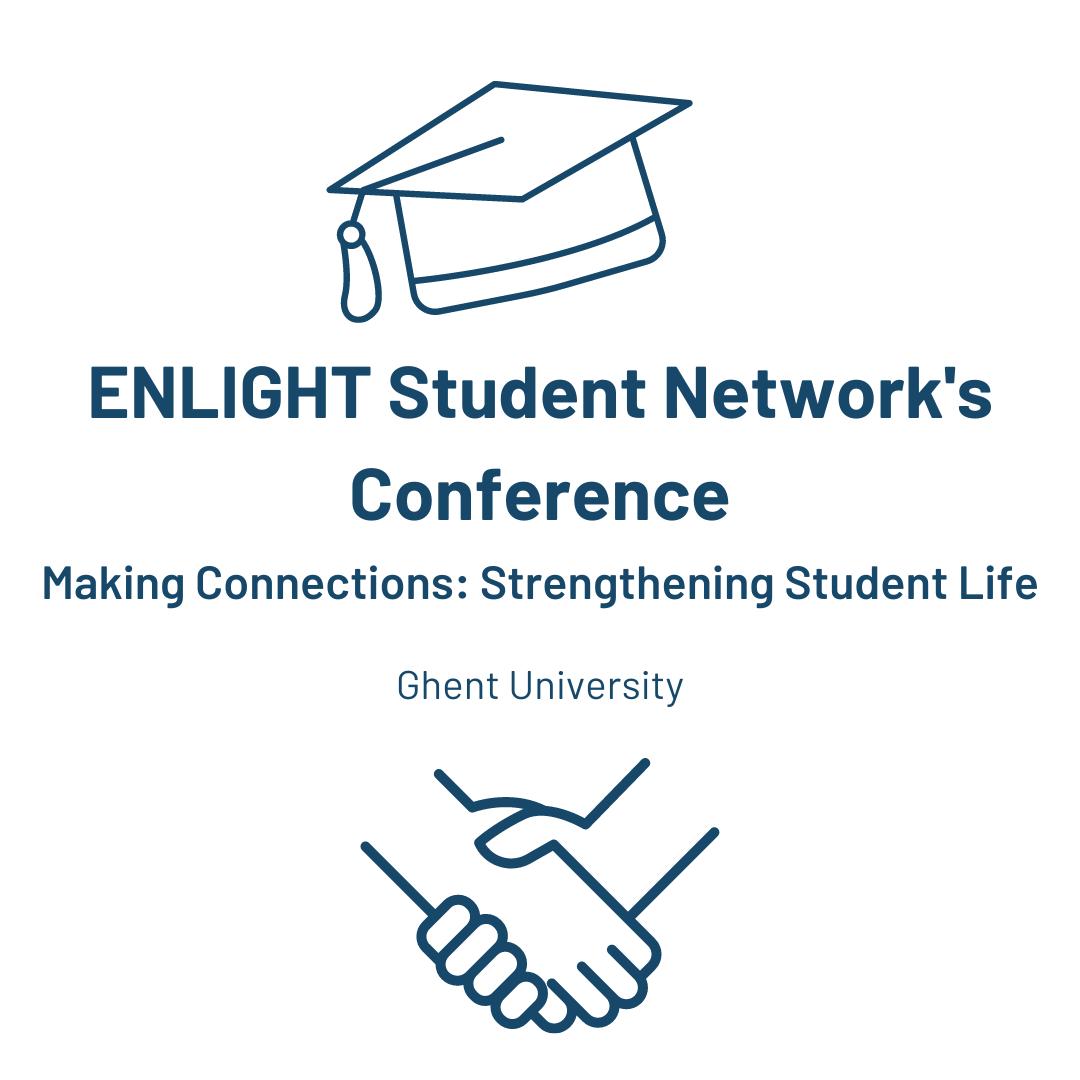The universities of Göttingen, Groningen and Uppsala are proud to announce that their joint project ‘ROCKET: Role-Playing Games on Conflict Transformation for Equity in Higher Education through Virtual Exchange’ has been selected for funding by Erasmus+ as a cooperation partnership in higher education (funding 400.000 Euro).
News & Events
2nd ENLIGHT RISE and Arqus Alliance Open Science Ambassador Webinar on 28 February 2024
Registration is open for the 2nd ENLIGHT RISE and Arqus Alliance Ambassador Webinar Series on Open Science
Strengthening ENLIGHT cooperation: University of Groningen visits the University of Bern
A delegation from the University of Groningen, led by Rector Jacquelien Scherpen, recently visited the University of Bern. The visit was characterised by lively discussions and showed a strong interest from both sides in strengthening existing collaborations and exploring new opportunities within ENLIGHT.
ENLIGHT Student Network Community event in Ghent: "Strenghtening Student Life Across Europe"
Date: March 1st - 2nd, with an optional program on March 3rd
Location: Ghent, Belgium 🇧🇪 (Hosted by Ghent University)
Theme: Making Connections: Strengthening Student Life
Student leaders and student representatives are getting ready for an enriching experience at the upcoming ENLIGHT Student Conference, where they will dive into discussions surrounding education, student interests, and global cooperation within the ENLIGHT Student Network. With representatives from esteemed universities across Europe, including Bern, Ghent, Galway, Göttingen, Groningen, the Basque Country, Tartu, Bratislava, and Uppsala, expect a diverse and vibrant exchange of ideas.




